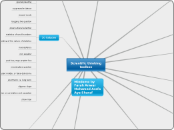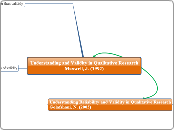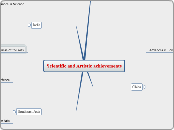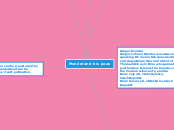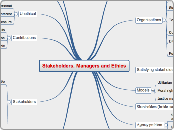par Farah Anwar Il y a 11 années
232
Scientific Thinking: Toolbox
The text delves into various aspects of scientific thinking, emphasizing the importance of a structured approach to understanding and conducting research. It highlights the necessity of forming hypotheses, conducting experiments, and making observations to arrive at reliable conclusions.
